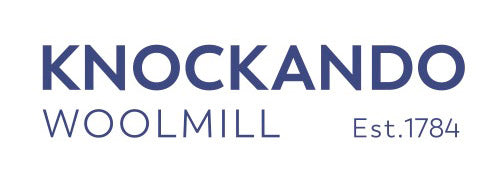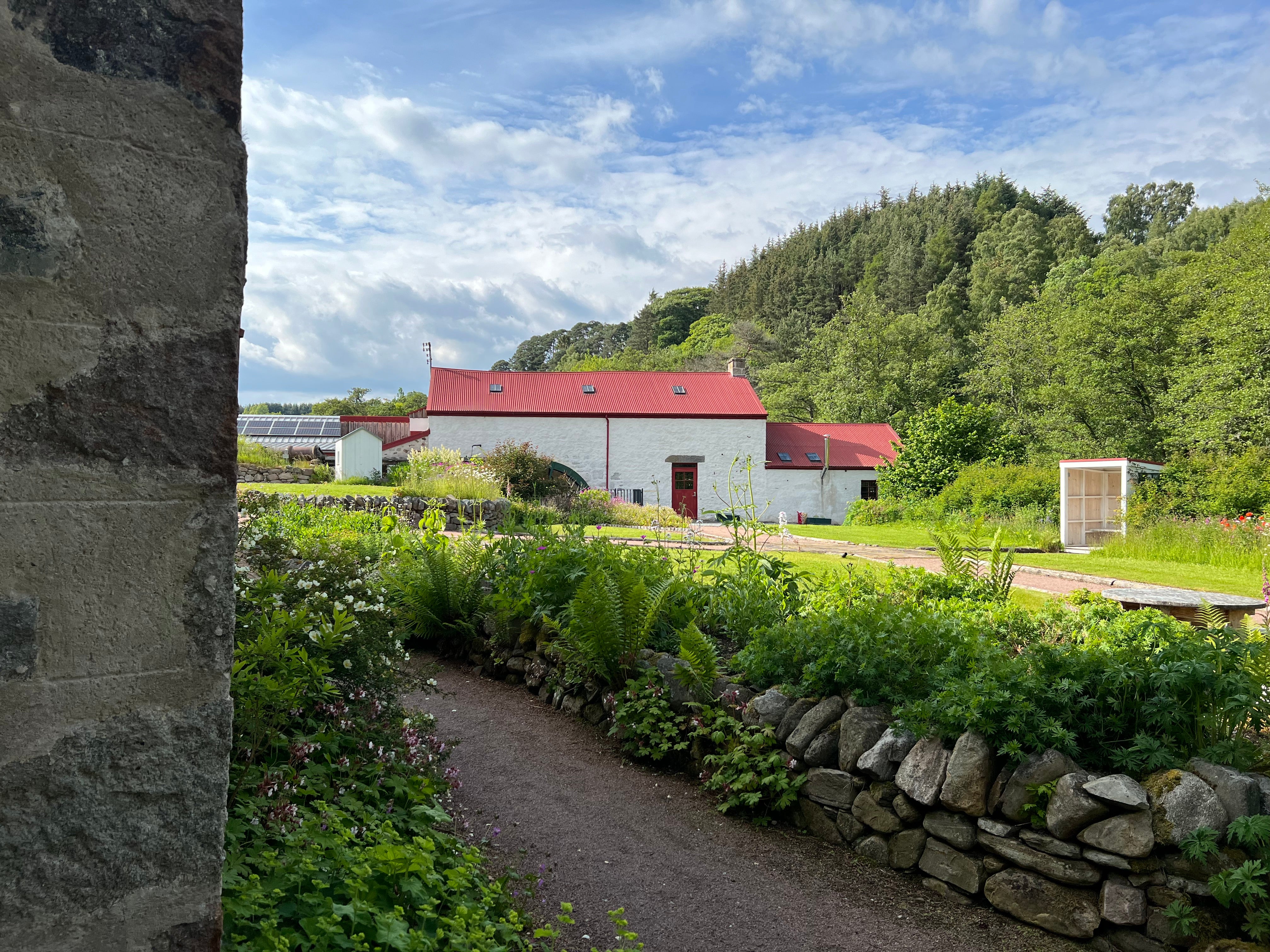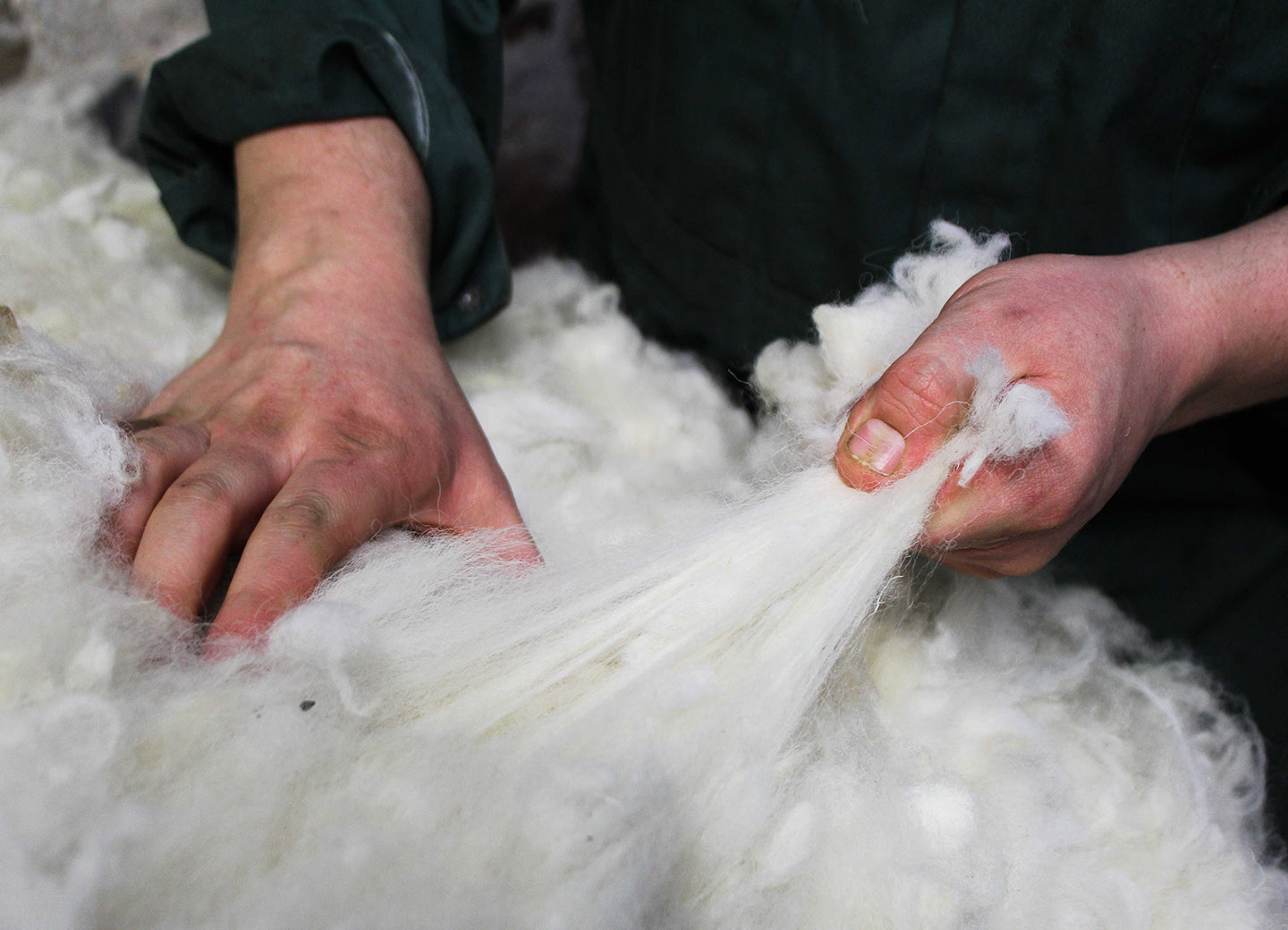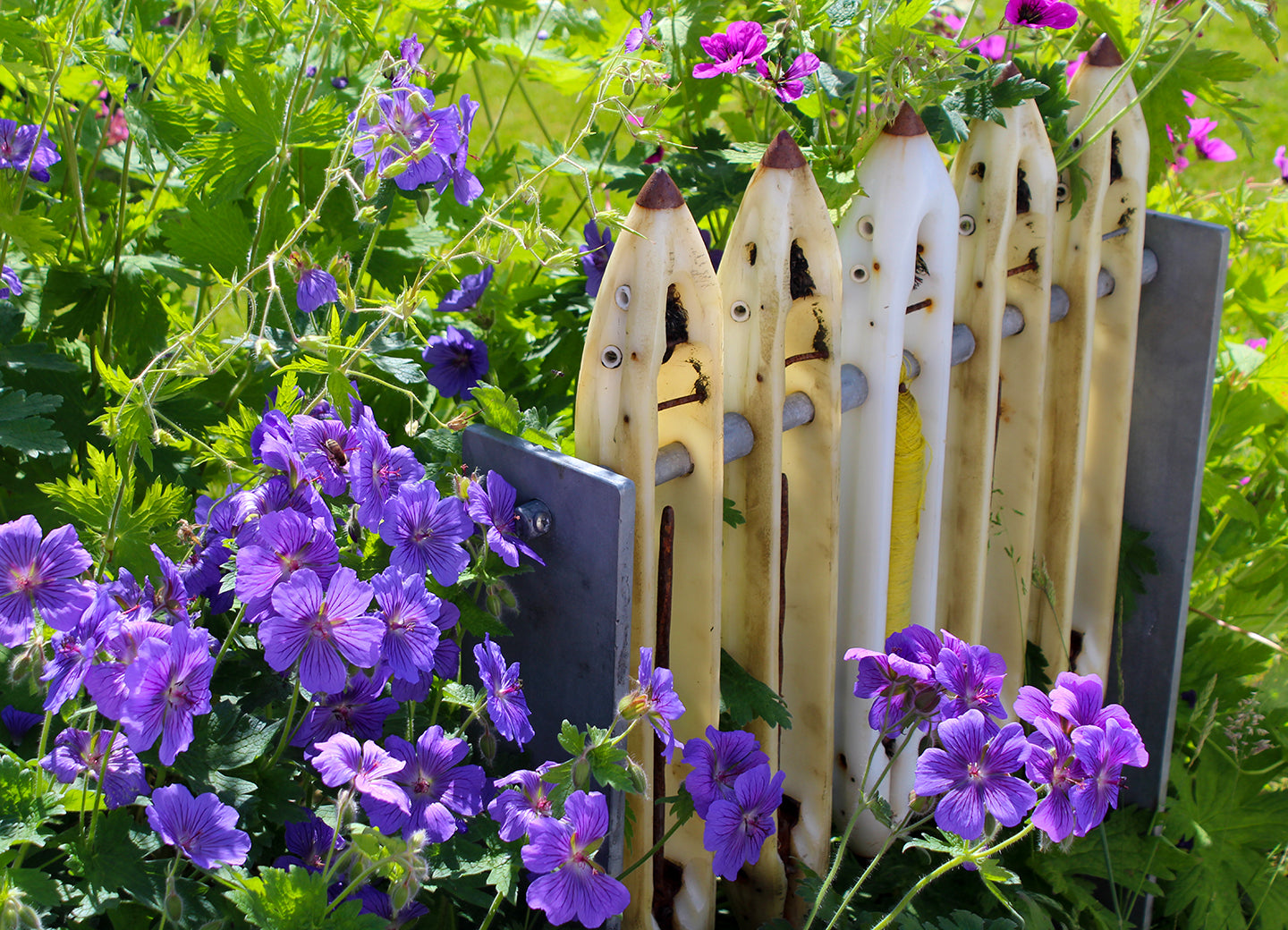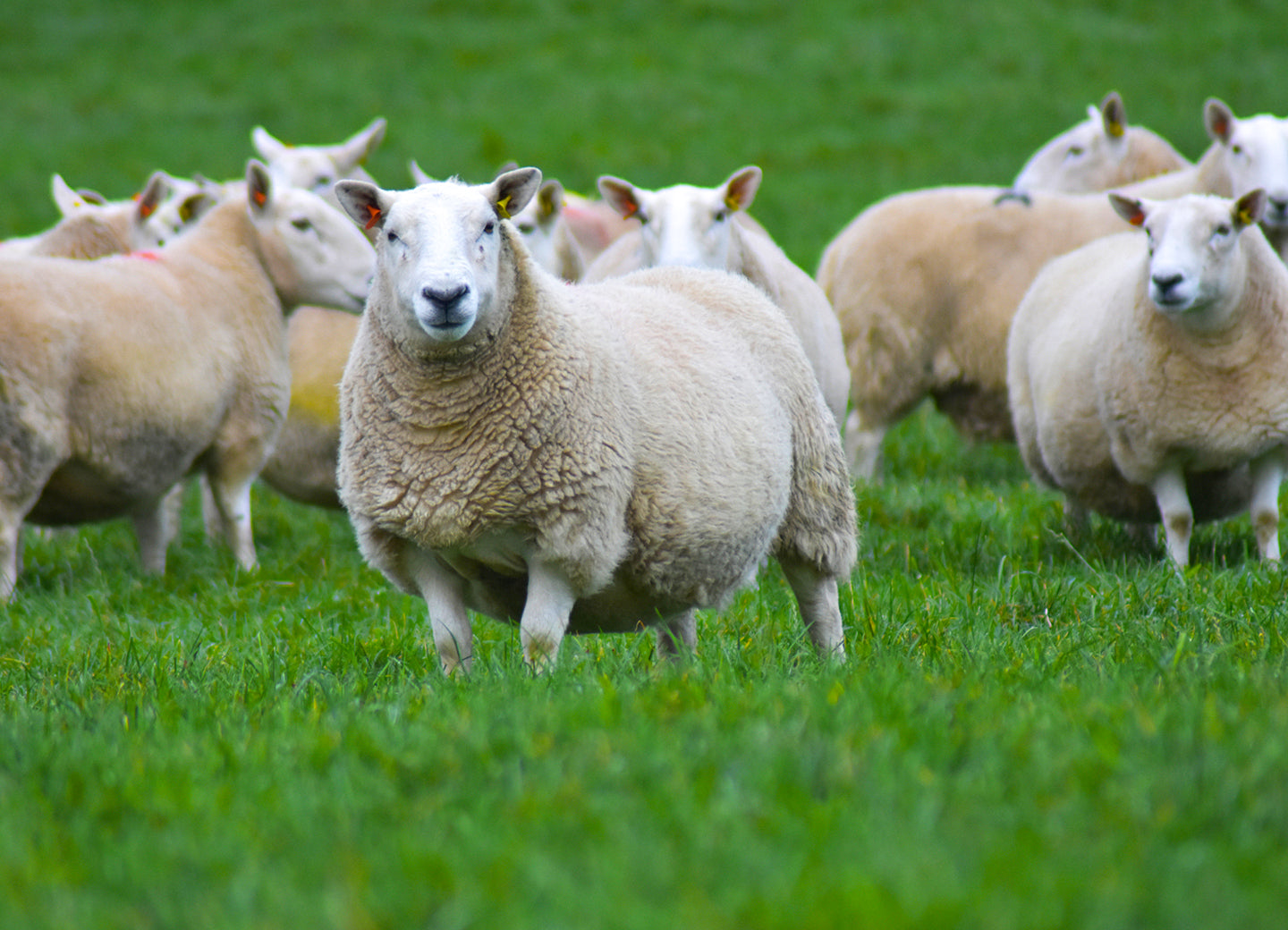
The North Country Cheviot - Everything You Need to Know!

• In 1791, Sir John Sinclair of Ulbster brought 500 "long hill" ewes from the Cheviot Hills near the English borders to his estate in Caithness, with the aim of halting the deteriorating quality of the sheep stock in Scotland. He named the sheep "Cheviots" after the hill where they originated.
• North Country Cheviot sheep are a type of Cheviot which are predominantly bred and raised in Scotland for meat.
• The North Country Cheviot breed is hardy and versatile.
• Cheviots will adapt to most environments, but they are particularly suited to grassy hills and uplands.

• There are 2 types of North Country Cheviot - Hill and Park.
• There's a high demand for all classes of pure bred Cheviot sheep - rams, ewes and lambs.
• North Country Cheviots have an alert look with erect ears. Their heads are white and they have tight compact skins with plenty of wool. Their neck is short and strong, their eyes have a black line around them, and females are hornless.
• The North County Cheviot produces a chalk-white, lofty and strong wool that delights hand spinners. The wool is also largely used in the Scottish tweed trade.
• Mature rams weigh 100 - 125 kg and mature ewes weight 55 - 80 kg.

• Ewes make first class mothers. Lambing percentages range from 90% on the hills to 170% upwards on low ground.
• North Country Cheviot ewes are easy to handle during lambing and are particularly kind mothers. They are able to produce high quality lambs under the most demanding conditions.
• In 1919, the North Country Sheep breeders Association was formed by breeders in Caithness and Sutherland in order to organise shows and sales. The organisation was reformed in 1945 into the existing North County Cheviot Society with the aim of promoting the interests of the breed, UK wide.

At the Woolmill we are currently carding and spinning wool from North Country Hill Cheviot Ewes from nearby Dalarachie Farm.
The ewes were born, bred and raised on the rugged hills of Sutherland in the Scottish Highlands. Dalrachie farm, which is only 12 miles from the Woolmill, buys the ewes when they are 5 years old and expects at least two more crops of lambs from the ewes.
